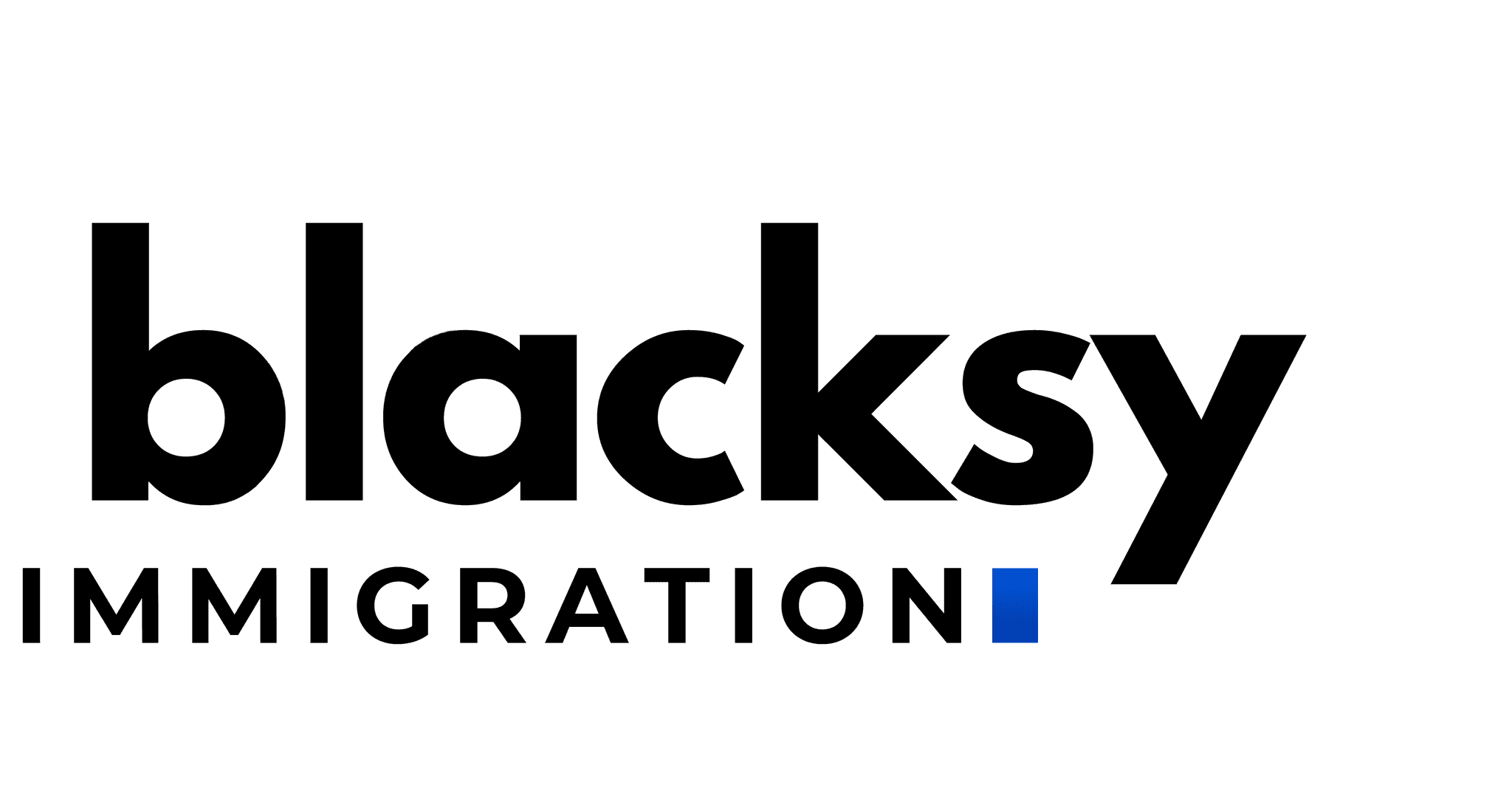Do Not Do These in Your Immigration Application! IRCC’s 600% Rise in Misrepresentation Cases is No Joke
Jan 30, 2025

Immigration fraud is nothing new, but lately, IRCC has been hitting back harder than ever. If you’ve been following immigration news, you’ve probably heard about the rising number of Procedural Fairness Letters (PFLs) threatening applicants with misrepresentation findings. What you may not have realized is just how massive this crackdown has become.
According to IRCC, there has been a 600% increase in misrepresentation investigations in September 2024 compared to the same time in 2023. This is a staggering jump, and it signals a clear shift in how Canada is enforcing its immigration laws. The message is simple: misrepresentation will not be tolerated.
What is Misrepresentation in Immigration Applications?
Misrepresentation under Canadian immigration law includes any false or misleading information provided in an application. This can be intentional (fraudulent documents, fake work experience, etc.) or unintentional (omitting key details, misunderstanding a question). Either way, IRCC treats it seriously, and the penalties can be devastating:
Application refusal
A 5-year ban from applying to Canada
Loss of permanent resident or citizenship status (if the misrepresentation is found later)
Deportation
Future inadmissibility even after the ban expires
Possible legal consequences, including criminal charges
Even if the misrepresentation was not deliberate, applicants found guilty will face the same consequences. Ignorance is not an excuse in immigration law.
Why is IRCC Cracking Down So Hard?
Let’s be honest: every time Canada announces a new PR pathway, a rush begins. People suddenly find ways to “fit” the eligibility criteria, sometimes stretching the truth or outright fabricating their applications to get an edge. We’ve seen it all:
Fake job offers and phony work experience letters
Family members and friends issuing fake pay stubs
Fraudulent language test results
Misstated past refusals or inadmissibility history
Marriages of convenience
Falsified education credentials
Misrepresentation of self-employment experience
The result? A system that starts resembling a real-life version of Squid Game—where the ones who are most creative in manipulating the system get ahead, while honest applicants, who play by the rules, are left behind. This kind of behavior makes the process deeply unfair and undermines the integrity of Canada’s immigration system.
For years, misrepresentation cases were often ignored or overlooked due to the sheer volume of applications IRCC received. However, with advancements in fraud detection technologies and a stricter review process, the era of leniency is over. IRCC has established new AI-based tools and data-sharing agreements with global agencies to cross-check applications and detect fraud. Even minor inconsistencies can now raise red flags.
This Has to Stop—And IRCC’s Crackdown Confirms It
The fact that IRCC has increased its enforcement efforts by 600% shows just how serious the situation has become. Immigration fraud damages the entire system, making it harder for legitimate applicants to succeed and creating an unfair advantage for those willing to cheat.
At Blacksy, we fully support this resistance against fraud. The system should be fair, transparent, and consistent for all applicants. If you’re applying for Canadian immigration, here’s our best advice: be honest, be accurate, and do not take shortcuts.
If you receive a Procedural Fairness Letter (PFL) regarding misrepresentation, do not ignore it. These letters are your chance to respond and explain any misunderstandings before IRCC makes a final decision. If you need help responding to a PFL, consult a licensed immigration lawyer immediately.
How to Protect Yourself from Misrepresentation Accusations
Be truthful in every part of your application. Even small omissions or mistakes can be misinterpreted as intentional misrepresentation.
Keep records of all supporting documents. Ensure your employer, educational institution, or references can verify your claims.
Review your application multiple times before submission. Double-check every detail to avoid discrepancies.
Do not work with unauthorized immigration representatives. Only licensed lawyers and regulated immigration consultants can legally assist you. No one else.
Disclose past refusals and immigration history honestly. IRCC has access to international records and can easily verify this information.
Respond to Procedural Fairness Letters promptly and accurately. If you receive one, act fast and provide strong evidence to support your case.
Final Thought: The System is Getting Stricter—And That’s a Good Thing
Canada is one of the most sought-after immigration destinations in the world, and it’s no surprise that people will go to extreme lengths to secure their future here. However, lying on an immigration application is never the way to do it. The new enforcement measures are designed to protect the integrity of the system and ensure that only genuine, eligible applicants succeed.
This increase in enforcement will make the process fairer for everyone—not just those who are willing to manipulate the system. If you’re serious about immigrating to Canada, play by the rules. If you’re caught misrepresenting, the consequences aren’t worth it.
Need help ensuring your immigration application is done right? Contact Blacksy Immigration today.
—o—
About the Author
I’m Ahmet Faruk Ocak, a Canadian immigration lawyer and the founder of Blacksy Immigration Law Firm 🌊.
At Blacksy, we specialize in providing honest, straightforward, and tailored immigration solutions to individuals and businesses worldwide. Our brand promise is simple: no unnecessary fuss, no false hopes, and no empty promises—just realistic, reliable guidance to help you achieve your immigration goals.
Whether you’re expanding your business to Canada, transferring top talent, or planning your future here, we’re here to guide you with precision, transparency, and care.
Visit us at www.blacksyimmigration.com to learn more or to start your journey.
